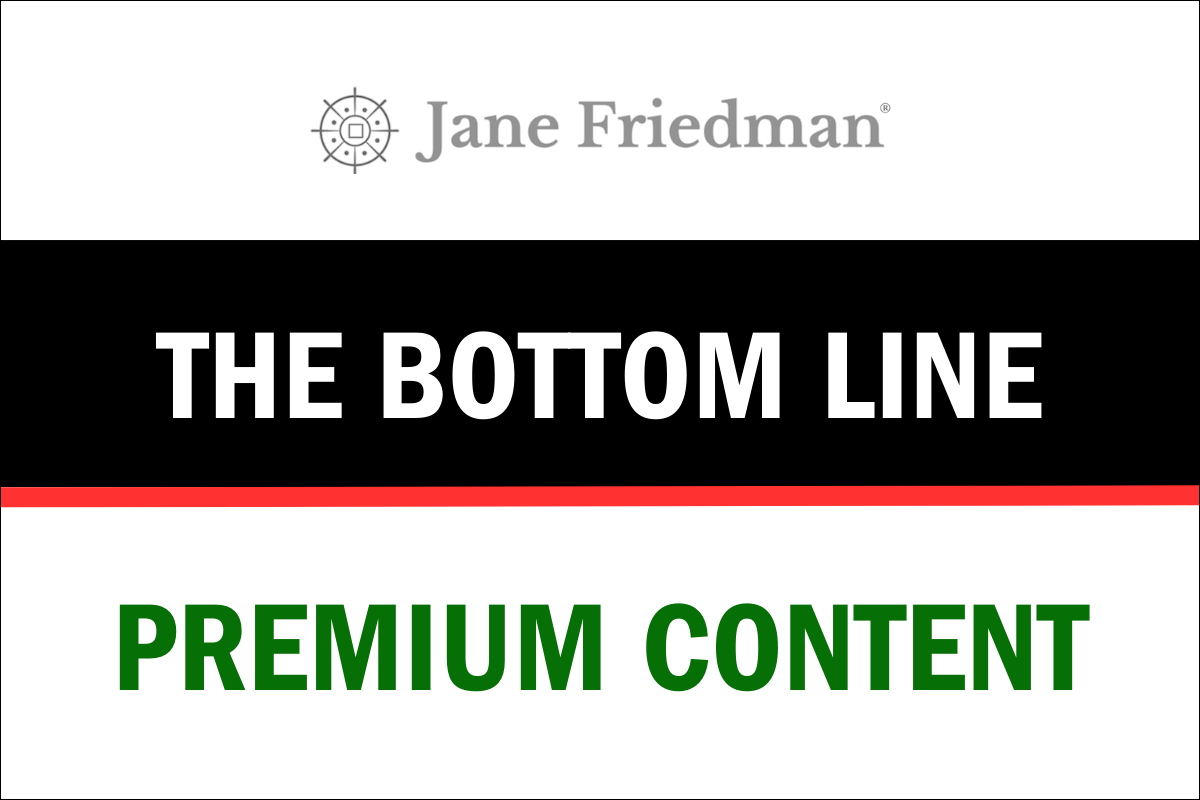PROTECT YOUR DNA WITH QUANTUM TECHNOLOGY
Orgo-Life the new way to the future Advertising by AdpathwayFive years ago, when I mentioned the idea for my novel Hazel Says No over avocado toast to my now editor John Glynn, he said, “I love it! And you’ll be a debut!” I practically spit out my grapefruit juice. I was forty-seven and had already published a memoir. What would be next: debuting at seventy as a poet? Article continues after advertisement Of course, I’m far from the only recent novelist to begin, or begin with renewed editorial and reader enthusiasm, in her fifties, or even later. (Think: Annie Proulx, Penelope Fitzgerald, Sue Monk Kidd. Cynthia D’Aprix Sweeney, Cynthia Bond, Cynthia Weiner. Jocelyn Nicole Johnson, Delia Owens, Angeline Boulley. Bonnie Garmus, Fran Littlewood, Catherine Newman.) A few months ago, my Brooklyn writer friend Cassandra Neyenesch sold her debut novel—at fifty-five!—to Summit Books/Simon & Schuster after working on it for a decade. Even so. It wasn’t how I’d once imagined my writing career would go. When I started writing a memoir at twenty-nine, and landed an agent a year or two later, I figured I was doing things at the “right” time. (Or possibly, laughably, even a bit late? I’d had a different career, and studied for an unrelated graduate degree, in my twenties.) Article continues after advertisement But then, inevitably and thankfully—that early attempt at a memoir wasn’t picked up by an editor. The feedback was all over the place. The pages were too emotional. The pages weren’t emotional enough. I put the memoir aside. Ten years later, I met an editor who was interested in a new version of the story, about how and why I stopped speaking to my parents. I wrote a Kindle Single that became a bestseller. I took meetings and signed with a new agent. I sold a book proposal for what became my memoir Estranged to Scribner. But that’s the highlight reel. My thirties and forties were filled, too, with passes and rejections (from magazine and newspaper editors, from book editors, from agents), and packed with creative false starts, and the hum of a slow burning identity crisis. There were many, many times when I thought I was sunk, when I was convinced I would never figure my writing life out. When my memoir Estranged was published, it got some nice press and praise, but not so much that it changed the shape of my life. It wasn’t a bestseller. It didn’t top any year-end lists. Though I wouldn’t change a word of the book, that time after publication was, to be honest, a bit deflating. I took a “break” from writing, which meant, in reality, a slide into post-publication depression and ennui. For a year or two, I was lost. I’d been mostly freeloading off my husband’s steady professor salary. Article continues after advertisement I checked the job listings, thought about going back to school. Maybe I could become a librarian? Open a bookstore, or get a job at one? Or maybe I could try, one more time. Because, as much as I doubted myself, as slim as the chance of things “working out” felt to my perfectionist self, I was sicker still of not writing. Like, not writing made my stomach and head hurt. I was frustrated, too. I sort of knew that maybe, just maybe, I could do it? Or that I had a two percent chance? Which was something? Only, I was way too old? At what, forty-seven?? But I was tired of being funny exclusively in the kitchen, and to a few friends on text. I watched TV with my then tween son and would (annoyingly!) spit lines of dialogue out before the characters could. You should write for TV, he said. You should write a novel, he also said. So did a publishing industry friend, and a writer friend. And so did the girl in me. The one who sat on a tree stump during recess and devoured novels. It was the thing, creatively, I wanted most to try, but that seemed the riskiest and most impractical and impossible. Article continues after advertisement But, also, this: I had an idea, one I couldn’t stop thinking about, one I loved, and I decided to write it. I wrote a shitty first draft, I wrote a twice-as-long-as-it-needed-to-be second draft, I worked my way through a hundred revisions. After two years, I had a VERY IMPORTANT AGENT interested. I rewrote again, thinking of her and what she seemed to want, thinking that she was my one and only chance for a last big break. And then, I lost the interest of that VERY IMPORTANT AGENT. After that, I was officially “in the woods.” I considered giving up. Again! For a month or two, I woke up every morning crying. So I found a therapist, I went on HRT, I started taking St John’s Wort, I redoubled my yoga practice. I rewrote my novel. Again. And then? It (finally) clicked. The story. The characters. The voice! The tone. The years of waiting, of passes, of revision. What I had to do was make the novel I loved. Not to impress or get (or keep) a VERY IMPORTANT AGENT, but to make the kind of book that sounded like me, the kind I’d want to read and something I wanted to share with my friends and — maybe one day—readers. I wrote down the jokes I’d tell in the kitchen on index cards. I made a chapter map and a chainsaw draft and found my characters inner lives and plotted and brainstormed and wrote and rewrote until the tone and voice and message of the book was exactly what I wanted it to be. Article continues after advertisement I made my friends read and reread. Montage of filled wastepaper baskets, of index cards arranged all over my office floor and walls, of weekends and family vacations where I stole off to write, of saying no to morning meetings or lunch because I had some mysterious work but not the kind of work anyone was paying for or needed sort of work. But I needed it. And then, four years after I started, I was done. Beyond all the hard work, maybe this was made possible by the earned life experience, the years of rejection and passes, the menopausal self-confidence. The push and freedom of feeling like it was now or never. As I approached and entered my fifties, in part through the weathering and patina of the passes and rejections, the creative (and publishing industry) ups and downs, but mostly, by being a human in the world for long enough, I’d come to find and understand the contours of something precious—my taste. And to find the confidence to believe in it. And more, by fifty, I knew myself well enough, to put my real and truest self on the page. I used to believe that life was kind of sort of over when you hit fifty. Okay not over, but you were possibly pushing your “sell by” date. It was a little too late for starting something brand new. It’s not that life begins at fifty. It’s that everything you’ve learned for fifty years is now in your toolkit as a writer: The language, the empathy, the grit, the humor, the style, the refusal to give up, the understanding about the pitch and the deal and the books lists and the sales rank and the reviews, and the knowing that writing is about more than that. Writing is about the process and the page and the magic through your fingers. And the people, too. When I was fifty-one, I sent a long-shot email to my ABSOLUTE DREAM AGENT (because of his iconic client list, and because I just had a feeling) the week after Thanksgiving, expecting no response. I heard back within an hour with a manuscript request. And then my ABSOLUTE DREAM AGENT started reading the next morning, a Friday—he finished reading that weekend. We talked for an hour and a half on Monday evening, and signed Tuesday morning. My dream agent sent the novel off to editors on January 2. John, the editor friend from breakfast, made an offer a week or two later. A debut novel (and a book deal) out of nowhere. A novel twenty years in the making. Or make that fifty. Here’s what I wish I knew all those years ago. It can be better to take decades to get published. Debuting at fifty-three is sweet. And I am so incredibly grateful. The dream I had as a girl—the one I couldn’t say aloud—not in my family—has somehow, astonishingly, come true. When a writer in her fifties (and yes, I’m seeing this mostly with women writers) posts a euphoric—and seemingly out of “nowhere” Publishers Lunch deal on her Instagram, behind it (probably) lays decades of rejection, passes, failed attempts, novels in drawers, self-doubt, and sometimes, almost having given up. And usually? Their books are the ones I end up loving the most. ______________________________ Hazel Says No by Jessica Berger Gross is available via Hanover Square Press.



.jpg?mbid=social_retweet)





 English (US) ·
English (US) ·  French (CA) ·
French (CA) ·  French (FR) ·
French (FR) ·